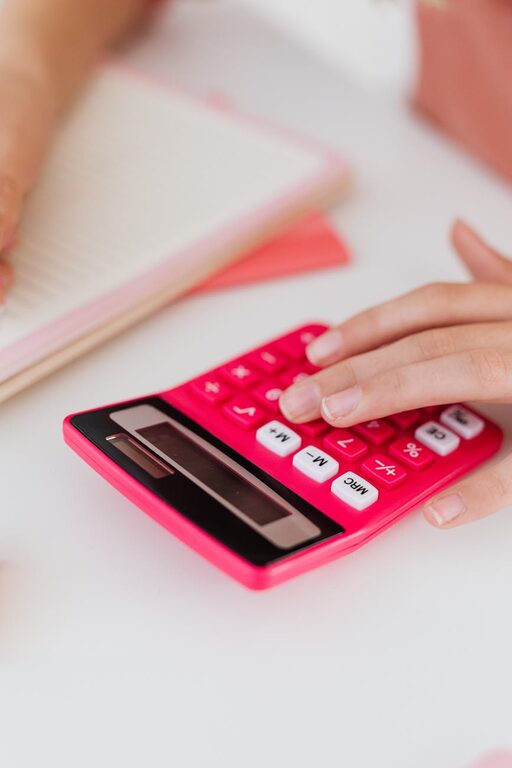Simple Budget Habits for Everyday Life to Save More and Stress Less

Managing your finances well doesn’t have to be complicated. By developing a few simple budget habits for everyday life, you can take control of your money, reduce stress, and work toward your financial goals comfortably. Whether you’re new to budgeting or looking to refine your approach, this guide will provide practical tips to make budgeting an easy part of your routine.
Why Budget Habits Matter
Budgeting isn’t just about tracking expenses — it’s about creating a sustainable way to live within your means and prepare for the future. Simple daily habits help you stay consistent, avoid unnecessary debt, and save for the things that matter most.
Start Small: Track Your Spending
Before you can improve your budget, you need to understand where your money is going.
– Keep a spending journal: For a week, jot down every purchase you make. This can be on paper, a notes app, or a budgeting app.
– Review bank statements: At the end of the month, compare your records with your bank or credit card statements.
– Categorize expenses: Group your spending into categories such as groceries, transportation, entertainment, and bills.
This process helps identify patterns and areas where you can cut back.
Create a Simple Monthly Budget
Once you know your expenses, set up a budget that aligns with your income.
– List your fixed expenses: Rent/mortgage, utilities, subscriptions.
– Estimate variable expenses: Food, travel, gifts.
– Allocate savings: Treat saving like a regular bill.
– Adjust as needed: If expenses exceed income, find areas to reduce.
Use budgeting tools or spreadsheets to keep it organized. The goal is to give every dollar a purpose.
Make Saving Automatic
One of the easiest ways to build savings is to automate it.
– Set up automatic transfers: Move a set amount from your checking to savings account each pay period.
– Use apps that round up: Some apps round up your purchases to the nearest dollar and save the difference.
– Contribute to emergency funds first: Aim for at least three months’ worth of expenses as a safety net.
Automation reduces the temptation to spend what you might otherwise save.
Plan for Small Daily Expenses
Everyday purchases, like coffee or snacks, can add up if not managed.
– Set a daily or weekly spending limit for extras: Knowing how much you can comfortably afford helps avoid impulse buys.
– Bring your own coffee or lunch: Preparing at home saves money and can be healthier.
– Use cash envelopes: For certain discretionary categories, paying with cash can help you stick to your limits.
Tracking and limiting these small costs can significantly improve your budget.
Review and Adjust Regularly
Financial situations change, so your budget should too.
– Schedule monthly budget check-ins: Review your spending and savings progress.
– Celebrate small wins: Recognizing progress keeps you motivated.
– Be flexible: Adjust your budget for special occasions or unexpected expenses.
Consistency is more important than perfection.
Avoid Common Budgeting Pitfalls
Being aware of common mistakes can keep you on track.
– Don’t ignore irregular expenses: Things like car maintenance or gifts should be planned for.
– Avoid “all or nothing” thinking: Missing a target one month doesn’t mean failure.
– Don’t skip budgeting entirely: Even a simple plan is better than none.
Focus on progress and learning along the way.
Additional Tips to Strengthen Your Budget Habits
– Use cash-back or rewards cards wisely: Pay off the balance monthly to avoid interest.
– Shop with a list: Prevent impulse spending by sticking to planned purchases.
– Limit subscriptions: Regularly review and cancel unused services.
– Compare prices: Take time to find better deals on essentials.
Small, consistent actions can free up more money for saving or investing.
Final Thoughts
Simple budget habits can make a big difference in your financial well-being. By tracking your spending, creating a realistic budget, automating savings, and regularly reviewing your progress, budgeting becomes a stress-free part of everyday life. Remember, it’s about creating habits that fit your lifestyle and goals. Start small, stay consistent, and watch your financial confidence grow.
